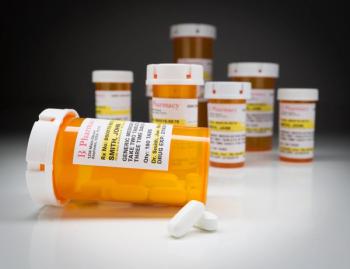
Public Quality Reporting Associated With Quality Improvement in Hospitals
Hospitals receiving publicly reported negative feedback improved their electronic health record medication safety.
Despite the massive undertaking, both financially and structurally, that the US federal government took on to digitize the healthcare system by creating and nationally adopting electronic health records (EHRs), the promise of EHRs to significantly improve quality has remained tenuous.
One mechanism by which EHRs were expected to improve quality in particular was the implementation of computerized provider order entry (CPOE), coupled with clinical decision support (CDS) tools. CPOE enables healthcare providers to write orders for patients electronically, as opposed to verbal or written communication. CDS coupled with CPOE then uses EHR data specific to the patient as well as medication reference databases to supplement clinician decision-making and prevent potential adverse drug events, such as ordering a drug a patient may be allergic to or a drug with a potential contraindication.
While CDS tools intervene at the point of care, performance outcomes have been mixed and a significant amount of customization happens at the organization level which results in differences even within hospitals using the same technology.
A potential policy mechanism to incentivize quality improvement is public reporting of performance. However, recent evidence has cast doubt on whether national programs are useful tools in identifying high quality and it remains unclear if public reporting is an effective way to encourage improvement.
In order to determine whether publicly reported feedback was associated with hospital improvement in an evaluation of medication-related CDS safety performance,
A total of 1183 hospitals were included in the study with a mean CPOE score of 59.3% (16.3%) at baseline. Hospitals receiving negative feedback improved 8.44 percentage points more in the subsequent year compared with hospitals that received positive feedback on the same evaluation. This change was driven by differences in improvement in basic CDS capabilities rather than advanced CDS.
Overall, the authors found that publicly reported feedback was associated with quality improvement, which suggests that targeted measurement and reporting of process quality may be an effective policy that encourages improvement in specific areas.






























